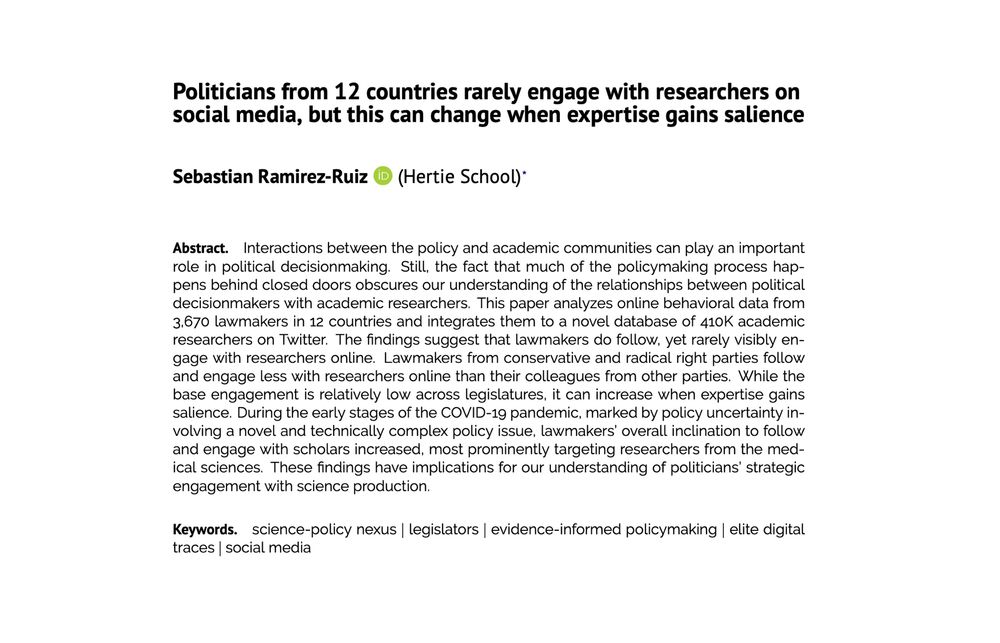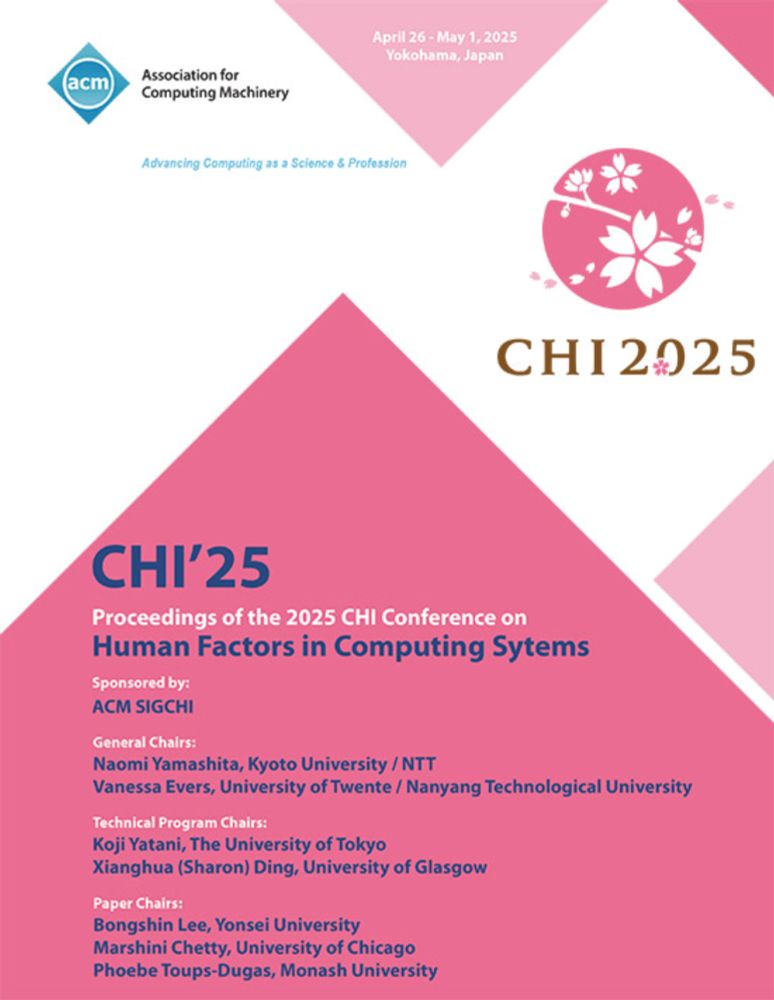Simon Munzert
@simonsaysnothin.bsky.social
390 followers
420 following
22 posts
Professor of Data Science and Public Policy | Hertie School Data Science Lab | Elections, Public Opinion, Data
Posts
Media
Videos
Starter Packs
Reposted by Simon Munzert
Reposted by Simon Munzert
Anita Gohdes
@argohdes.bsky.social
· Aug 11

Anas al-Sharif, prominent Al Jazeera correspondent, among five journalists killed in Israeli airstrike on Gaza
Israel admits deliberate attack on the journalist, known for frontline coverage, in a strike on a tent outside al-Shifa hospital
www.theguardian.com
Reposted by Simon Munzert











